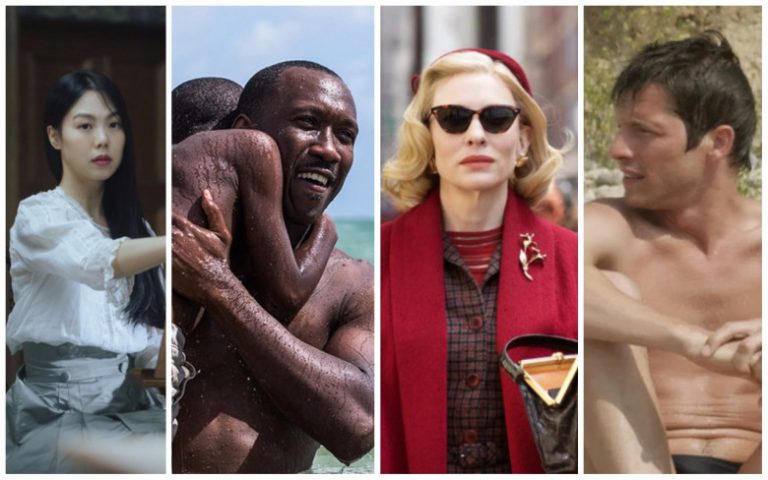The conversation surrounding diversity and representation in the media is constantly changing and evolving. With ongoing efforts such as #MeToo and Time’s Up, the platform has never been larger for marginalized stories to be told.
We interviewed filmmaker and University of Victoria (British Columbia, Canada) professor Maureen Bradley about the representations of the LGBTQ+ community in film.
What are your thoughts about the way trans people are represented in film, or about the lack of representation of trans people in film?
“Until just a few years ago, trans people had been maligned in film. The focus was always on the psychopath; we see that in films like Alfred Hitchcock’s Psycho, Dressed to Kill and The Silence of the Lambs. It is a common trope in the horror genre to have a cross-dressing character be a threat. These three films set the tone of seeing trans-feminine folks as a threat. Trans people tend to be represented in one of three tropes; as crazy or dangerous threats; as the sufferer or pathetic victim, or as the butt of every joke. They are never represented as people to be taken seriously or people with their own agency.
What is changing now is the terminology. Terms change year-by-year because they are historically contingent. There is a process of formation regarding trans identity that is always evolving.”

What are your thoughts on the #MeToo movement and how do you think it will spark change in the film industry?
“I look at it like I look at gay marriage; I never thought it would happen but I am glad that it happened. The film industry is incredibly sexist and hostile to women so it’s refreshing to see the conversation change. I don’t identify as female or male, I identify as non-binary but identifying as a female filmmaker is important during the #MeToo movement. I’ve existed in a kind of parallel film scene, which is the LGBTQ film festival circuit because the mainstream film industry is inhospitable. I didn’t want to participate in it, so I made my own films on my own terms.
The film industry is systematically sexist and works in favour of the straight, white male director. I think the #MeToo movement will have an enormous impact. I stay within the queer film festival circuit because that’s where the heartfelt stories are told beyond the sexist, male lens.”
Do you have any hope for the future of representation and diversity in film?
“I do have a lot of hope. Representation is becoming more mainstream, and with the rupture of [the Time’s Up movement] and #MeToo, we can’t really go back to how it was before. I think streaming services are having a major impact. Netflix, Amazon and even YouTube are part of a new generation that don’t have the same pressures of the old generation, who had to answer to advertisers. Young people are making a difference and attitudes are changing. I make this joke that Orange Is the New Black became so popular because all the people who have never been represented on TV before–black women, Latino women, gay women, trans women, all women!–were finally being represented. It was a watershed moment because it convinced studios that there is a global appetite for these types of stories.”
About Maureen Bradley
Professor Bradley has been active in the LGBTQ+ arts and film community. Professor Bradley’s work tackles trans stereotypes seen in mainstream film. Professor Bradley’s debut feature film, Two 4 One tells the story of a transgender man accidentally becoming pregnant. The film was internationally recognized and praised for its authentic portrayal of trans culture and challenging of traditional gender norms. See Prof. Bradley’ Expertise Finder profile.

